Saying you don’t like Bananarama is like saying you don’t like summer or Marilyn Monroe — a sure sign of a misanthropist who thinks that being a wet blanket makes them interesting. OK, they never had a blazing talent — their three small, sweet pipings barely adding up to one decent voice — but they were one step beyond even the glorious girls of the Human League: Have-a-Go-Heroines dancing round their handbags, a karaoke of themselves.
Keren Woodward and Sara Dallin meet at infant school in Bristol. Their roustabout quality is evident when, as pre-teens, they engage in throwing bricks at each other’s ankles in a bid to skive off school — just think, they were behaving like that even before they were ever drunk! Then music hits them like a hormone. Recording the Top 20 every Sunday, they become aware of a world beyond the suspension bridge and escape to London, where Keren works in the BBC pensions department and Sara does a journalism course, where she meets Siobhan Fahey — the third ’Nan — who seems immeasurably sophisticated, being 21 and ‘living in sin’.
They’re soon regulars at the New Romantic clubs, such as the one where the doorman Steve Strange lets David Bowie in but bars Mick Jagger. In this Rave New World, the line between star and fans is blurred even further than it was with punk. Robert Elms’s line about his friends Spandau Ballet was ‘their music is applause for the audience’.
Enter Paul Cook, ex-Sex Pistol and all-round good guy, who takes them under his wing and lets them live at his rehearsal rooms in Tin Pan Alley. They have a habit of bumping into pop stars. Bryan Ferry says ‘Hello, ladies!’ as he steps from a limousine when they are schoolgirls (‘Keren was wearing a SHADDUP YOU FACE T-shirt — something she now hotly disputes’), and as teenagers, sitting on the steps of Chelsea Town Hall, they are joined by Keith Richards. ‘He seemed really interested in our clothes and the music we liked, and so we relaxed and chatted back.’
They could easily have disbanded the infant Bananarama when their first record peaked at 92 on the singles chart (‘to be honest, I think we were signed as a novelty act’). But Terry Hall of Fun Boy Three sees a photo of them and likes their shoes — and soon they are a fixture on Top of the Pops and all the pop shows in Christendom. The first time they get on a plane it’s to promote a record. They are still gobsmacked fan-girls, even though they have crossed the footlights into fame (they’re stunned when Michael Caine asks for their autographs for his daughter), and they’re still the naughtiest girls in the room — except the room is now a television studio rather than a classroom.
When they appear on the German version of TOTP they are banished to a caravan in the car park, as they can’t be trusted to behave backstage, crashing into the sets while more sober singers perform. Trying to record them, a producer sends them home in frustration ‘after one too many attempts to sing a single line without laughing’. Their drunken daffiness is no act. A friend of mine met them in a club and said to Sara: ‘I love your songs — especially “Movin’ On”’, only to have her say: ‘Oh, was that us?’
Siobhan is a shadowy presence, and by 1987 she’s pregnant, dating Dave Stewart and living the high life in LA, leaving the two remaining ’Nans with the kiss-off line: ‘Your friendship is unnatural!’ And maybe it is — but only in its extraordinary length and perpetual excitement. After nearly 40 years together:
Our touring band members have often said that they always know where we are in an airport or building because they can hear our laughter before they see us. We can still make each other laugh until we can’t breathe or see through the tears, and it’s been like that ever since we were at school.
As if I couldn’t love this book more, at times there is a Lady Bracknell quality to the prose which, applied to the ’Nans’ plebian pursuits, makes for an entertaining combination: ‘I remember the disappointment I felt when proceedings were brought to an abrupt halt because someone had vomited’; ‘Unfortunately, some goody-two-shoes grassed me up and a profanity may have been uttered’; ‘My choreographical over-enthusiasm led to the obliteration of a vase’.
One could easily say they had a charmed life. They were in the right place at the right time when a music industry, still recovering from punk, realised that pop stars a little rough around the edges were what the kids wanted. It was another country, where the living was easy; where two Bristolian teenagers could be offered a three-bedroomed council flat in Holborn, or when you could make a record about Robert de Niro, and he would appear — to whisk you off giggling to dinner.
They always had each other — meaning that the liberties which music businessmen might try to take with a lone, pretty, averagely talented girl trying to make it did not arise. Unlike so many stars, especially their close friend George Michael who they recall with great tenderness, there was never anything needy about them, and in show business that is no mean achievement.
Mark Wood, the cleverest man in the music industry, sums it up well:
Friendship, intelligence, beauty, independence, drank everyone under the table, couldn’t be pushed around — not manufactured but gleefully embracing of all of pop music’s daftness and thrills.
Cheers to that!
Got something to add? Join the discussion and comment below.
Get 10 issues for just $10
Subscribe to The Spectator Australia today for the next 10 magazine issues, plus full online access, for just $10.
You might disagree with half of it, but you’ll enjoy reading all of it. Try your first month for free, then just $2 a week for the remainder of your first year.


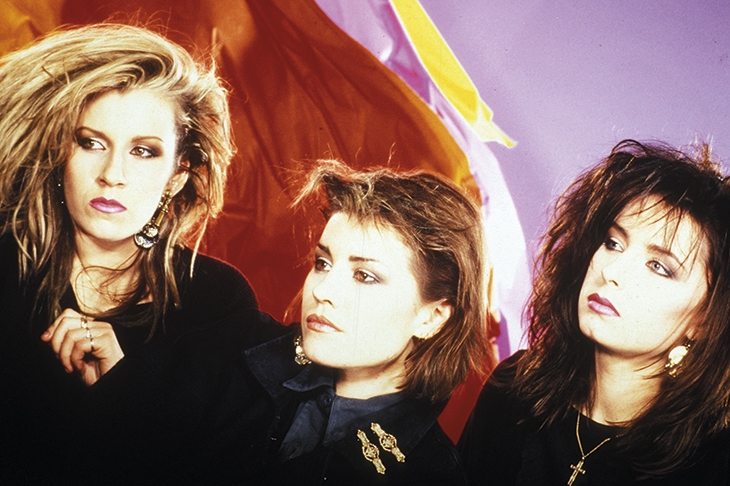
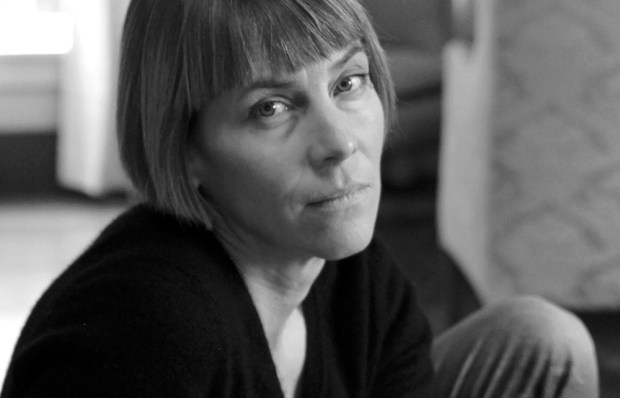
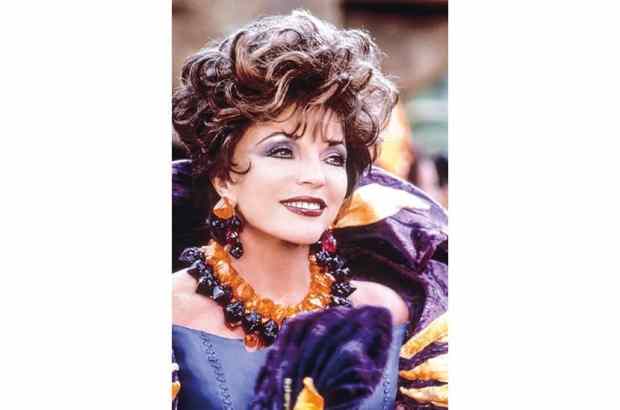
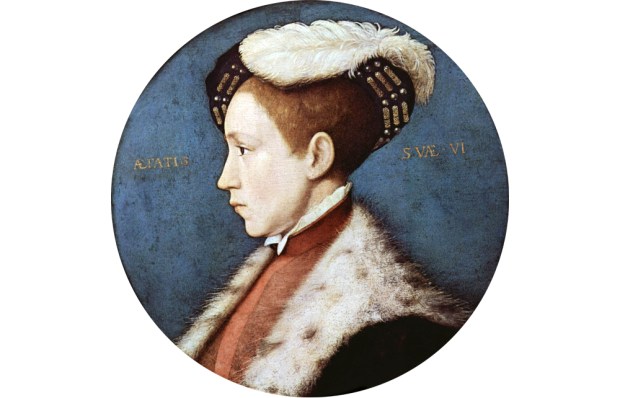
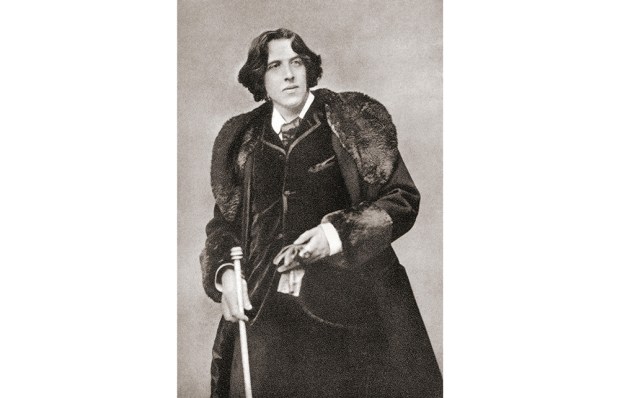








Comments
Don't miss out
Join the conversation with other Spectator Australia readers. Subscribe to leave a comment.
SUBSCRIBEAlready a subscriber? Log in